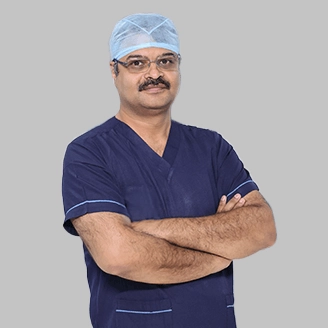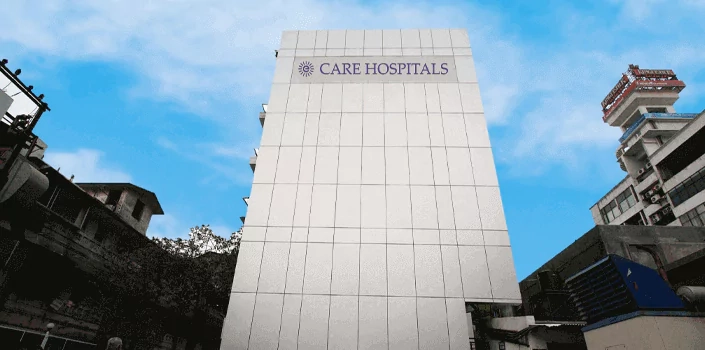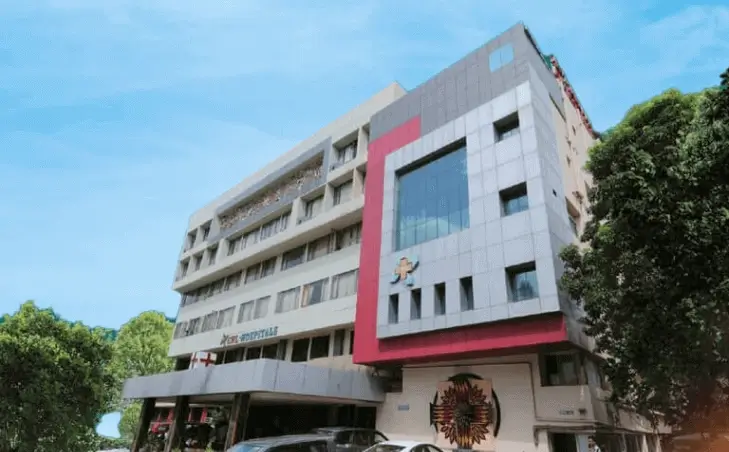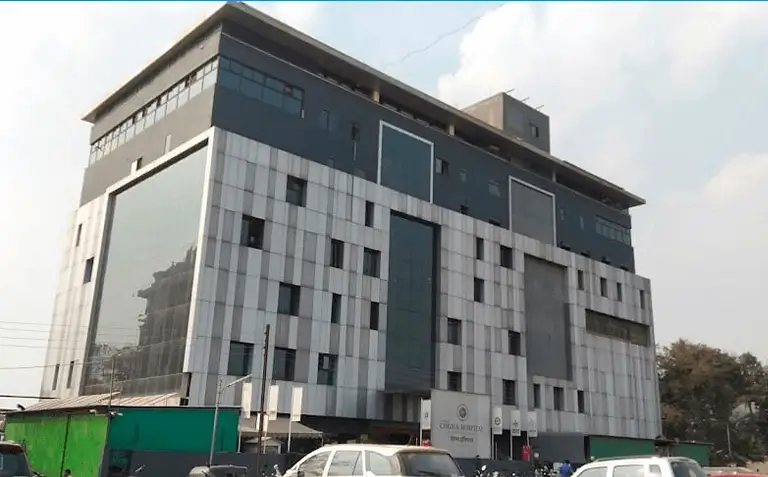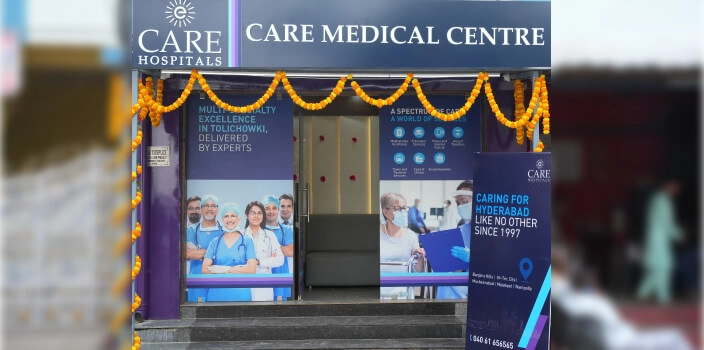-
Doctors
-
Specialities & Treatments
Centre of Excellence
Specialties
Treatments and Procedures
Hospitals & Directions HyderabadCARE Hospitals, Banjara Hills CARE Outpatient Centre, Banjara Hills CARE Hospitals, HITEC City CARE Hospitals, Nampally Gurunanak CARE Hospitals, Musheerabad CARE Hospitals Outpatient Centre, HITEC City CARE Hospitals, Malakpet
HyderabadCARE Hospitals, Banjara Hills CARE Outpatient Centre, Banjara Hills CARE Hospitals, HITEC City CARE Hospitals, Nampally Gurunanak CARE Hospitals, Musheerabad CARE Hospitals Outpatient Centre, HITEC City CARE Hospitals, Malakpet Raipur
Raipur
 Bhubaneswar
Bhubaneswar Visakhapatnam
Visakhapatnam
 Nagpur
Nagpur
 Indore
Indore
 Chh. Sambhajinagar
Chh. SambhajinagarClinics & Medical Centers
Book an AppointmentContact Us
Online Lab Reports
Book an Appointment
Consult Super-Specialist Doctors at CARE Hospitals

Adhesiolysis Surgery in Hyderabad
- Advanced Technology
- Shorter Hospital Stay
- Pre & Post-Operative Care
- All Insurance Accepted

Chat With Our Experts
Get second opinion on Whatsapp
25 lakhs+
Happy Patients
Experienced and
skilled surgeons
17
Health Care Facilities
Top most Referral Centre
for Complex Surgeries
Advanced Adhesiolysis Surgery
Adhesiolysis is a vital treatment for internal scarring or adhesions after abdominal surgery. A patient's quality of life takes a huge hit from these internal scars, which often cause serious problems like intestinal blockages. Problems from adhesions need surgical intervention. Adhesiolysis surgery helps separate organs and tissues that have become stuck together.
The procedure can be done in different ways. Laparoscopic adhesiolysis offers patients a less invasive option than traditional open surgery. Patients make better decisions about their treatment options by knowing what to expect before, during, and after this surgery.
Innovative Surgical Breakthroughs at Care Hospital
CARE Hospitals has raised its speciality services by introducing innovative Robot-assisted Surgery (RAS) technologies. The Hugo and Da Vinci X Robotic systems give surgeons better control and precision during procedures. These robotic arms showcase exceptional flexibility and let surgeons operate with steady control without damaging surrounding tissues.
CARE Hospitals' steadfast dedication to analytical insights sets them apart. Experienced surgeons retain complete control throughout the procedure and benefit from the system's advanced capabilities.
Best Adhesiolysis Doctors in India


Conditions for Adhesiolysis Surgery
Several specific circumstances make adhesiolysis essential:
- Bowel obstruction remains the most common reason
- Adhesions trap structures like nerves, ureters, or blood vessels
- Persistent, unexplained abdominal or pelvic pain doesn't respond to other treatments
- Fertility issues need addressing in certain cases
- Adhesions compress other structures
Types of Adhesiolysis Procedures
CARE Hospitals offers various adhesiolysis approaches tailored to each patient's needs:
- Laparoscopic adhesiolysis: This minimally invasive approach reduces future adhesion formation and minimises pain and hospital stay. Surgeons make small incisions to insert a camera and instruments that locate and remove adhesions.
- Open adhesiolysis: This traditional approach uses a single, larger incision through the body's midline. Surgeons prefer this method when adhesions prove difficult to locate.
- Robotic-assisted adhesiolysis: Advanced robotic systems boost surgical precision and visualisation while keeping the benefits of minimally invasive surgery.
The surgeon's expertise, the patient's history, and the location and extent of adhesions determine the choice of procedure. CARE Hospitals focuses on minimally invasive approaches since they decrease the incidence, extent, and severity of intra-abdominal adhesions.
Pre-surgery Preparation
Doctors suggest drinking plenty of water and eating light meals 24 hours before checking in. The afternoon before surgery, you might get an oral bowel prep to clean out your system. This prep causes temporary diarrhoea without affecting your electrolyte balance. Surgery lasting more than two hours usually needs antibiotics.
Adhesiolysis Surgical Procedure
The surgery starts with general anaesthesia. A laparoscopic adhesiolysis needs a few small cuts (0.5 to 1 cm) in your abdomen. The surgeon puts a laparoscope—a thin tube with a camera and light—through one cut. They spot the adhesions and remove them with special tools.
Previous abdominal surgery means extra care with the equipment placement.
Post-surgery Recovery
After surgery, you will feel some pain near the cuts. This pain gets better over the next few weeks. Most people can get back to their normal routine after 2-4 weeks. Taking short walks helps blood flow and prevents issues like pneumonia and constipation.
Risks and Complications
The following are some common complication of this procedure:
- Bowel injury
- Accidental bowel defects
- Infection
- Bleeding
- Organ damage
- Adhesions coming back
Benefits of Adhesiolysis Surgery
Laparoscopic adhesiolysis beats traditional open surgery with its smaller cuts, less scarring, and faster healing. You'll likely have less pain and return to your daily activities sooner.
Insurance Assistance for Adhesiolysis Surgery
Most insurance plans cover adhesiolysis procedures. Talk to your insurance company before surgery about pre-certification needs.
Second Opinion for Adhesiolysis Surgery
A second opinion helps you feel confident about your treatment choice. This step matters a lot since adhesions are complex and might return after treatment.
Conclusion
Adhesiolysis is a crucial surgical solution that helps countless patients with internal scarring. CARE Hospitals excels in this field with their innovative technology that lets surgeons work with amazing precision.
Your doctor will choose between laparoscopic, open, or robotic-assisted techniques based on your specific case. Laparoscopic methods usually lead to less scarring and quicker healing. Good preparation affects surgical success a lot, and recovery guidelines help prevent complications later.
The benefits of adhesiolysis are substantial for people who suffer from bowel obstructions, fertility problems, or chronic pain, despite the risks involved. Most patients can resume their normal activities within 2-4 weeks, though recovery times vary from person to person.
Starting a journey with adhesiolysis might feel overwhelming at first. But skilled surgical teams like those at CARE Hospitals can help improve your quality of life. A mix of advanced technology, experienced surgeons, and proper patient care creates the perfect setting for successful adhesiolysis surgery outcomes.
Best Adhesiolysis Surgery Hospitals in India
-
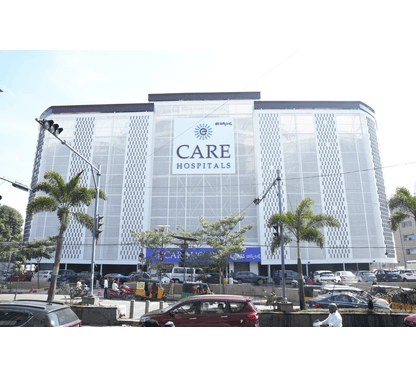
CARE Hospitals, Banjara Hills, Hyderabad
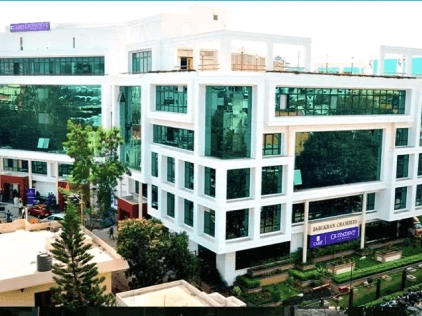
CARE Hospitals Outpatient Centre, Banjara Hills, Hyderabad
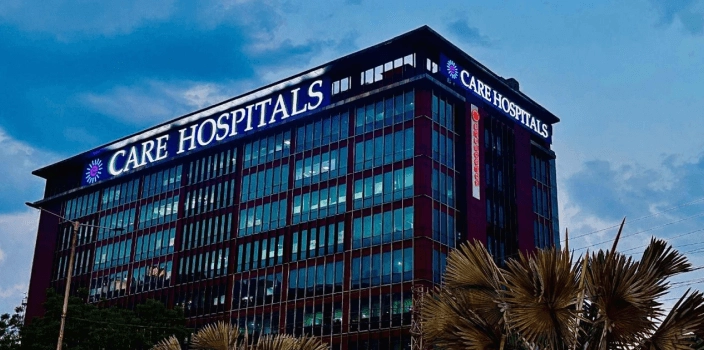
CARE Hospitals, HITEC City, Hyderabad
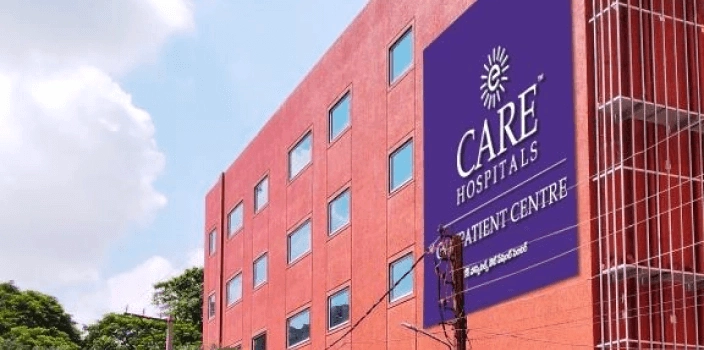
CARE Hospitals Outpatient Centre, HITEC City, Hyderabad
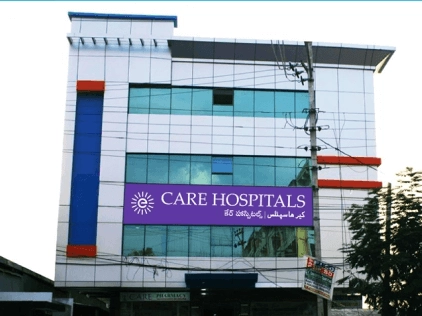
Gurunanak CARE Hospitals, Musheerabad, Hyderabad
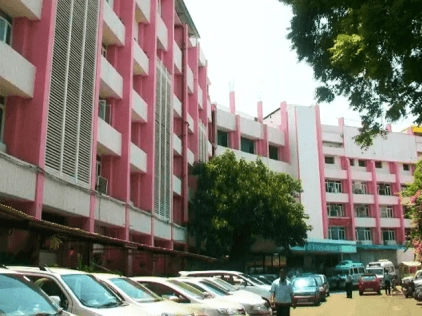
CARE Hospitals, Nampally, Hyderabad
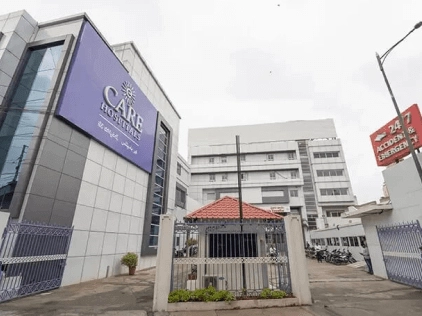
CARE Hospitals, Malakpet, Hyderabad
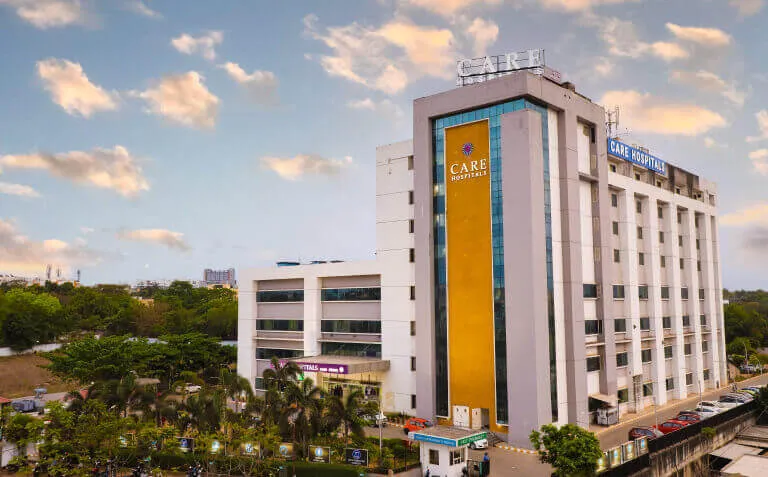
CARE Hospitals, Bhubaneswar
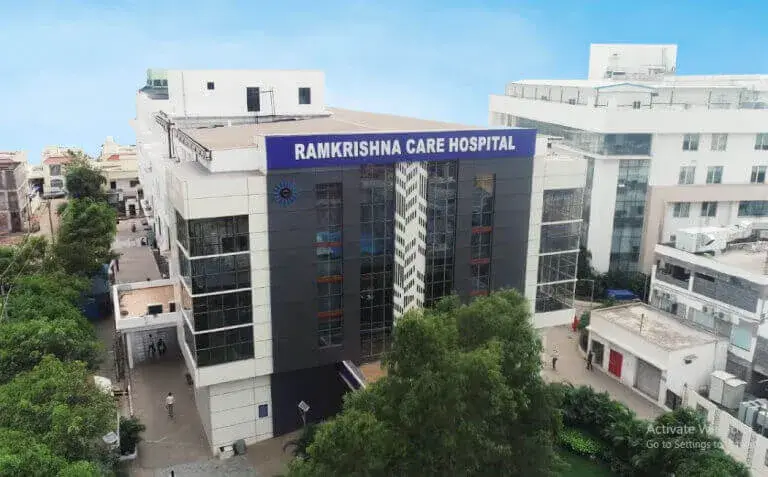
Ramkrishna CARE Hospitals, Raipur
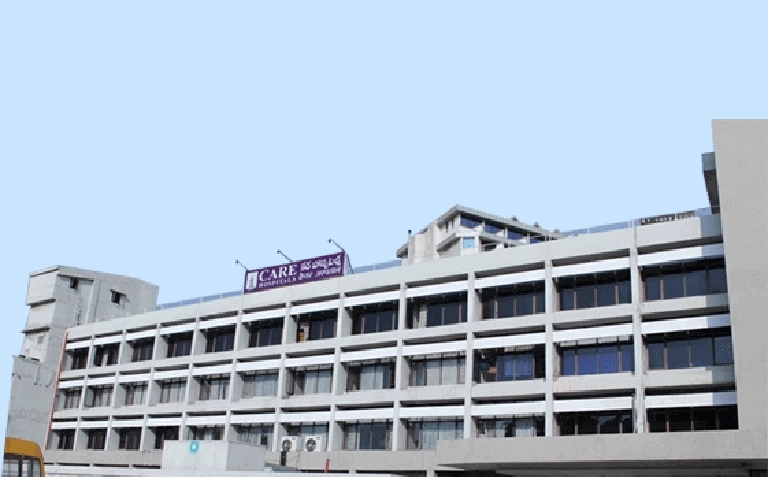
CARE Hospitals, Ramnagar, Visakhapatnam
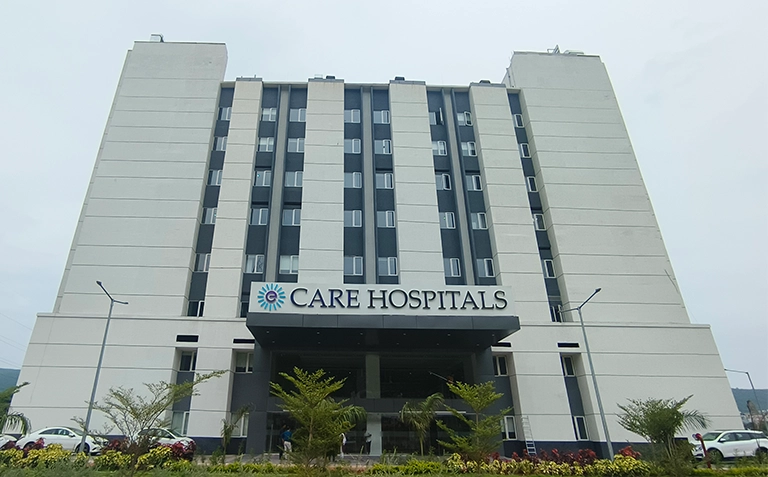
CARE Hospitals, Health City, Arilova
Related Surgeries
- Best Hospital for Cholecystectomy Surgery in Hyderabad
- Best Hospital for Colectomy Surgery in Hyderabad
- Best Hospitals for Colostomy Surgery in Hyderabad
- Best Hospitals for Laparotomy Surgery in Hyderabad
- Best Hospital for Parotidectomy Surgery in Hyderabad
- Best Hospitals for Pancreatectomy Surgery in Hyderabad
- Best Hospitals for Sigmoidoscopy Surgery in Hyderabad
- Best Hospitals for Whipple Surgery in Hyderabad
- Best Hospital for Oesaophagectomy Surgery in Hyderabad
- Best Hospitals for Roux-en-Y Gastric Bypass in Hyderabad
- Best Hospitals for Small Bowl Resection in Hyderabad
- Best Hospital for Choledochocystectomy Surgery in Hyderabad
- Best Hospital for Choledochojejunostomy Surgery in Hyderabad
- Best Hospital for Choledocoduodenostomy Surgery in Hyderabad
- Best Hospital for Fistula Surgery in Hyderabad
- Best Hospital for Piles Surgery in Hyderabad
- Best Hospital for Peroral Endoscopic Myotomy Surgery in Hyderabad
- Best Hospital for Fissure Treatment Surgery in Hyderabad
- Best Hospital for Laser Fistula Surgery in Hyderabad
- Best Hospital for Heller Myotomy Surgery in Hyderabad
- Best Hospital for Rectal Prolapse Surgery in Hyderabad
- Best Gastric Balloon Surgery in Hyderabad
- Adhesiolysis Surgery in Hyderabad
- Best Hospital for Open Nissen Fundoplication GERD Surgery in Hyderabad
- Best Hospital for Hemicolectomy Surgery in Hyderabad
Frequently Asked Questions
Adhesiolysis is a surgical procedure that removes adhesions—bands of scar tissue that form between organs or tissues that aren't normally connected. The body creates these adhesions as part of its healing response to surgery, infection, or inflammation. Surgeons perform this procedure through laparoscopic (keyhole) techniques or traditional open surgery, based on each case.
Doctors recommend adhesiolysis in several specific situations:
Bowel obstruction remains the primary reason doctors perform this procedure. Adhesions can trap structures like nerves, ureters, or blood vessels.
Unexplained abdominal or pelvic pain might require adhesiolysis, though doctors see this as a weaker indication. Adhesions sometimes cause infertility issues, making adhesiolysis a potential solution for carefully selected cases.Patients who experience symptoms directly related to adhesions make ideal candidates. These symptoms include chronic abdominal pain, digestive distress, or fertility problems. In spite of that, doctors call it an option only after trying other treatments first, since benefits must outweigh risks. The core team will review your complete physical status and order blood tests and imaging studies before making this decision.
Like any surgery, adhesiolysis comes with risks. Inadvertent bowel injury stands as the most important complication. Additional risks include infection, bleeding, injury to nearby organs, and new adhesions forming.
The surgery's length depends on several factors, including adhesion location and extent. Simple laparoscopic procedures might finish within an hour. Complex cases with extensive adhesions could need several hours. Most laparoscopic adhesiolysis procedures last between 1-3 hours.
Adhesiolysis counts as a major surgical procedure, especially as open surgery. The laparoscopic version offers a less invasive option with clear benefits:
- Smaller cuts and less scarring
- Shorter hospital stays (many patients return home the same day)
- Faster recovery (usually 2-4 weeks)
- Reduced post-operative pain
Healing time after adhesiolysis surgery lasts from several days to a few weeks. The duration depends on factors like the severity of adhesions, the person's general health, and if the surgery was laparoscopic or open.
Adhesiolysis is usually performed under general anaesthesia. This keeps the patient fully asleep and free of pain throughout the surgery. In less severe cases, they might use regional or local anaesthesia instead.
The most common organs affected are:
- Abdominal cavity
- Pelvic region
- Intestine
Adhesions might come back after surgery. In fact, surgery often leads to new adhesions forming.
Yes, it is possible to get pregnant after adhesiolysis when the procedure aims to address infertility linked to pelvic adhesions.
Still Have a Question?









